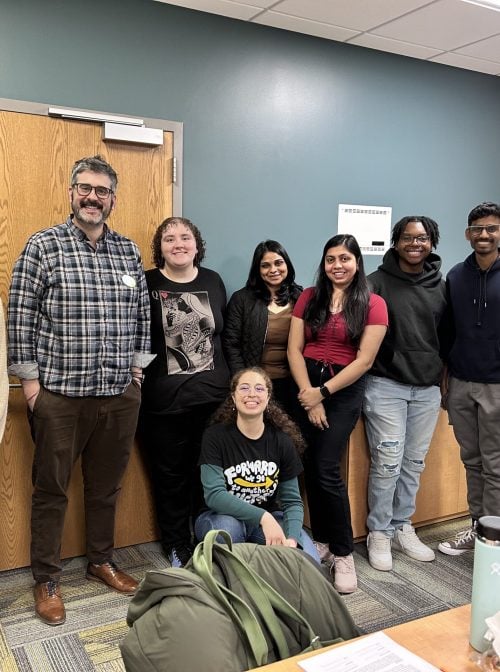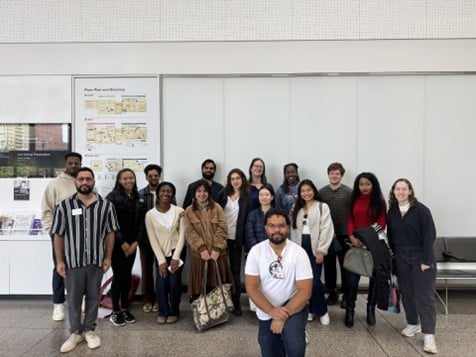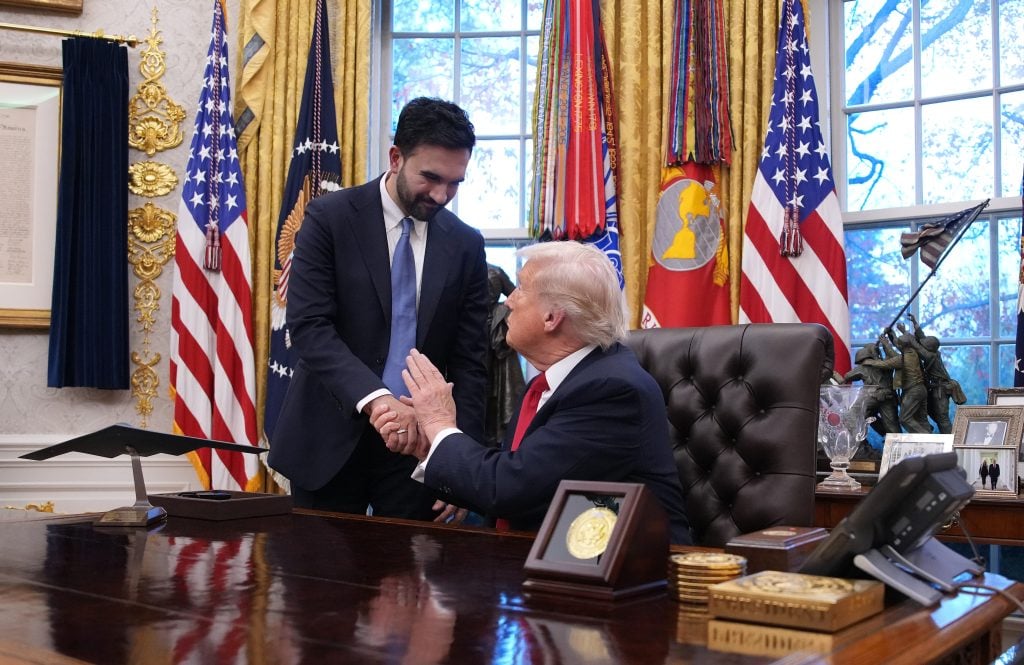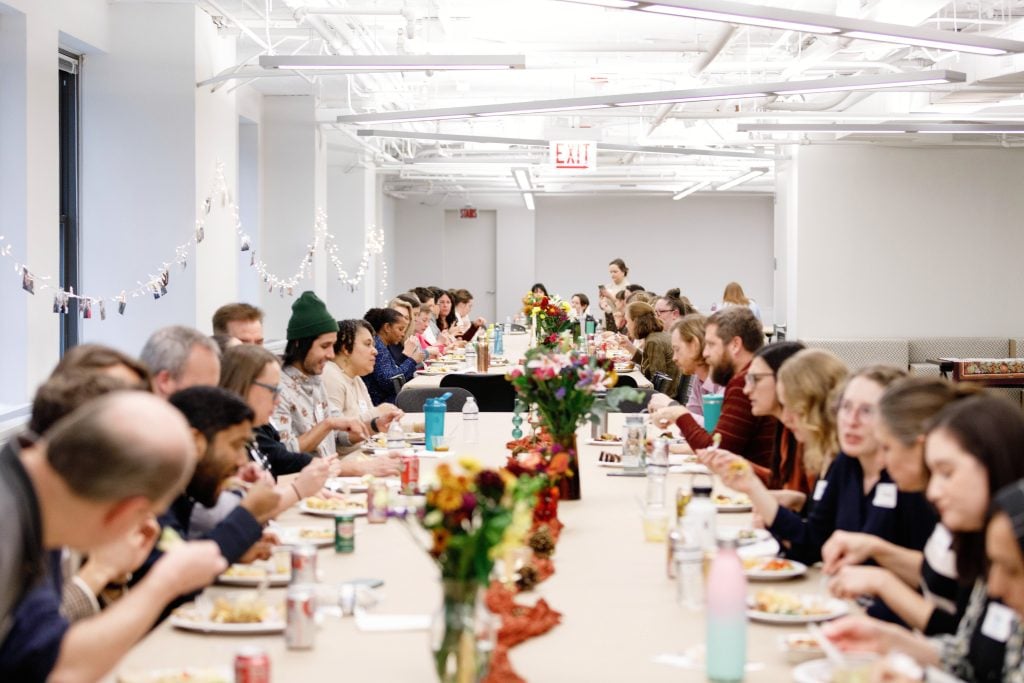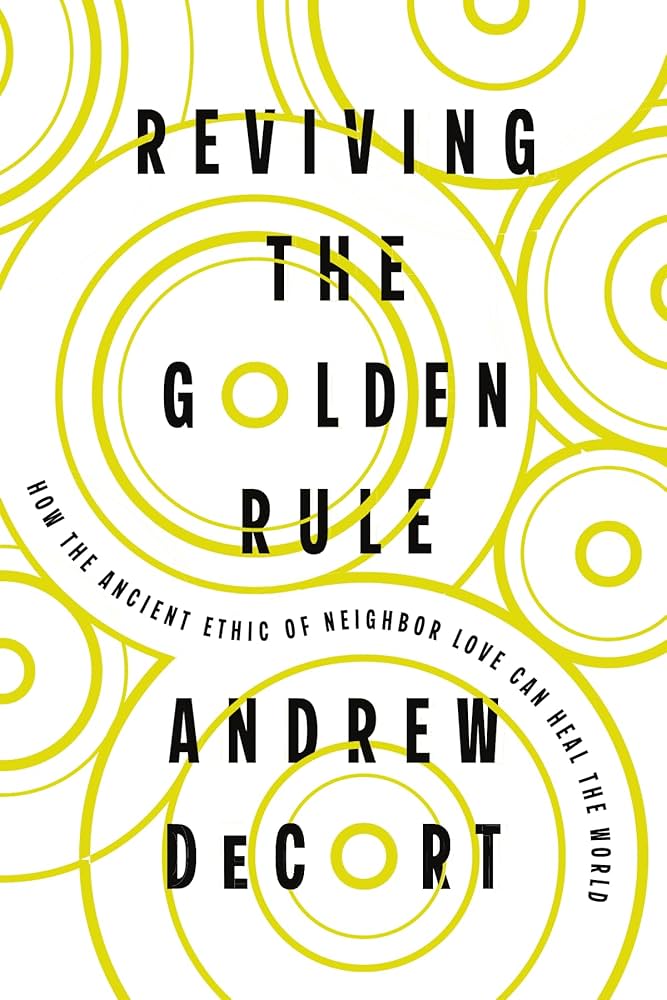Wait…you can actually study the ‘science’ of interfaith?” joked Nehal Naqvi, a recent graduate of The University of Maryland, Baltimore County (UMBC), during the first class of the new Interfaith Fellows program. This joke landed well with his peers, a group of eight students from a variety of religious and spiritual traditions at a historically STEM-heavy institution, who all burst out in smiles. “Yes,” I responded, “but more importantly, the trick to this work is stepping out of the ‘science’ and into the space of relationships and community building.”
One of the core themes of this past year in The Gathering Space for Spiritual Well-Being at UMBC has been exploration and newness. As the office rolled out two new programs, Bridge Builders and Interfaith Fellows, it was clear that encouraging students to go outside of their comfort zones could be one way to help shift campus culture and create community through authentic relationships. The creation of these two programs as part of Interfaith America’s Advancing Religious Pluralism grant was a response to the growing isolation and division that has plagued many college students over the past few years. At the heart of each of these programs is a call for students to step out of their comfort zones and to learn tools to build relationships and community, both on campus and beyond. To help illustrate student learning and community building, it feels important to hear from these students directly.
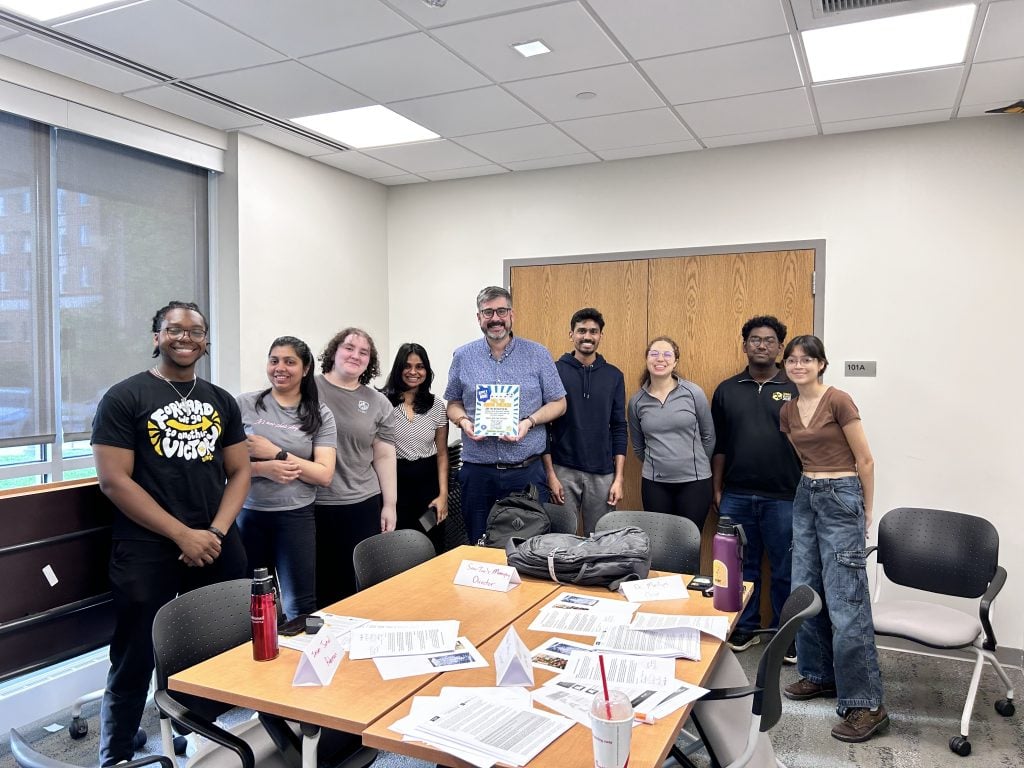
Bridge Builders is a semester-long opportunity co-led by the Center for Social Justice Dialogue at UMBC, and is designed as a space for students to learn and develop skills around dialogue, leading to a final “difficult dialogue” utilizing these new skills. Recent graduate Allison Kende took her skills as a Bridge Builder to help plan an interfaith Shabbat during the spring semester, ensuring that all participants were able to ask questions and connect, as well as share parts of their religious traditions. She notes, “It’s incredible how fruitful conversations across difference can be when they aren’t approached as confrontations with the end goal of changing someone’s mind, but rather as opportunities to earnestly listen and connect with others empathetically.” When thinking about her time in the program, Allison noted that sometimes, “you don’t realize how interconnected you can be as a student. Participating in Bridge Builders has made my experience at UMBC a lot less isolated. It opened me up and allowed me to ‘dip my toes’ into many other spaces.”
Sophomore Yael Chookrun reflected on her experience in the Bridge Builders program by emphasizing her ability to cultivate an awareness of assumptions and to practice intentionality when entering into difficult conversations with others. After participating in the program, Yael decided to partner with another member of her cohort to build a sustained interfaith dialogue group at UMBC. She remains committed to forming close relationships centering curiosity and depth, noting that “whatever we do as individuals can have a real impact on other people, even if we are not in an actual leadership position … we still have the power to engage and create connections.”
Interfaith Fellows is a year-long cohort program for students to learn about the emergent field of interreligious studies, develop leadership skills, and co-create student-centered programming on campus. Dontae Phillips, a PhD student seeking to connect his graduate research to religious and spiritual practice on college campus noted that “going through the fellows program helped him understand different perspectives of faith and student voices.” In addition to using the classroom discussions and readings to help him reflect more deeply on his academic work, Dontae noted that by participating, he felt that “students were better able to fully be who they are and able to build community around a shared commitment to faith and spirituality.”
For Nehal Naqvi, a participant in the Interfaith Fellows program, the draw to interfaith work was rooted in his Shi’a Muslim identity. He credited his growing comfort claiming and sharing his connection to Islam was due to his participation in the program: “Being an Interfaith Fellow allowed me to build community from the ground up connected to sharing faith and learning from each other. Through the program, I can find my place better — I recognize that students are more than just grades but have intrinsic and underlying motivations.” As Nehal makes plans to begin seminary after graduation, his time in the Fellows program has inspired him to incorporate interfaith work into his future role as an imam. He writes that, “faith and religion are being used as a divider, but the frameworks that we used in the Interfaith Fellows program has helped me to see interfaith work as a solution.”
In each of these programs, students took a risk to step out of their comfort zones and into community. Their ability to make deep connections across difference helped each to build community inside and outside of these classroom spaces. Additionally, their important work has laid the groundwork for future programs, increased relationships between student organizations and campus community members, and begun to shift campus culture to one that sees and values religious diversity and pluralism as critical norms of our UMBC community. By studying the “science” of interfaith engagement and bridgebuilding work, these students have made strides to helping us all discover the antidote to the isolation and divisions of this current moment.
Matt Hoffman is the Director of the Center for Religion, Spirituality, and Pluralism at the University of Maryland, Baltimore County. In his work, he hopes to build spaces, programs, and communities committed to radical love & belonging, spiritual well-being, and energetic pluralism. He seeks to help all campus community members to craft spaces for belonging, connect lived experiences to the work of justice and advocacy, learn dialogue skills to help engage across difference, and search for spaces and expressions for authentic joy and celebration. In addition to being an ordained minister in the Evangelical Lutheran Church in America, Matt is a Cajun food devotee, a father (x2), and an avid board game enthusiast.
